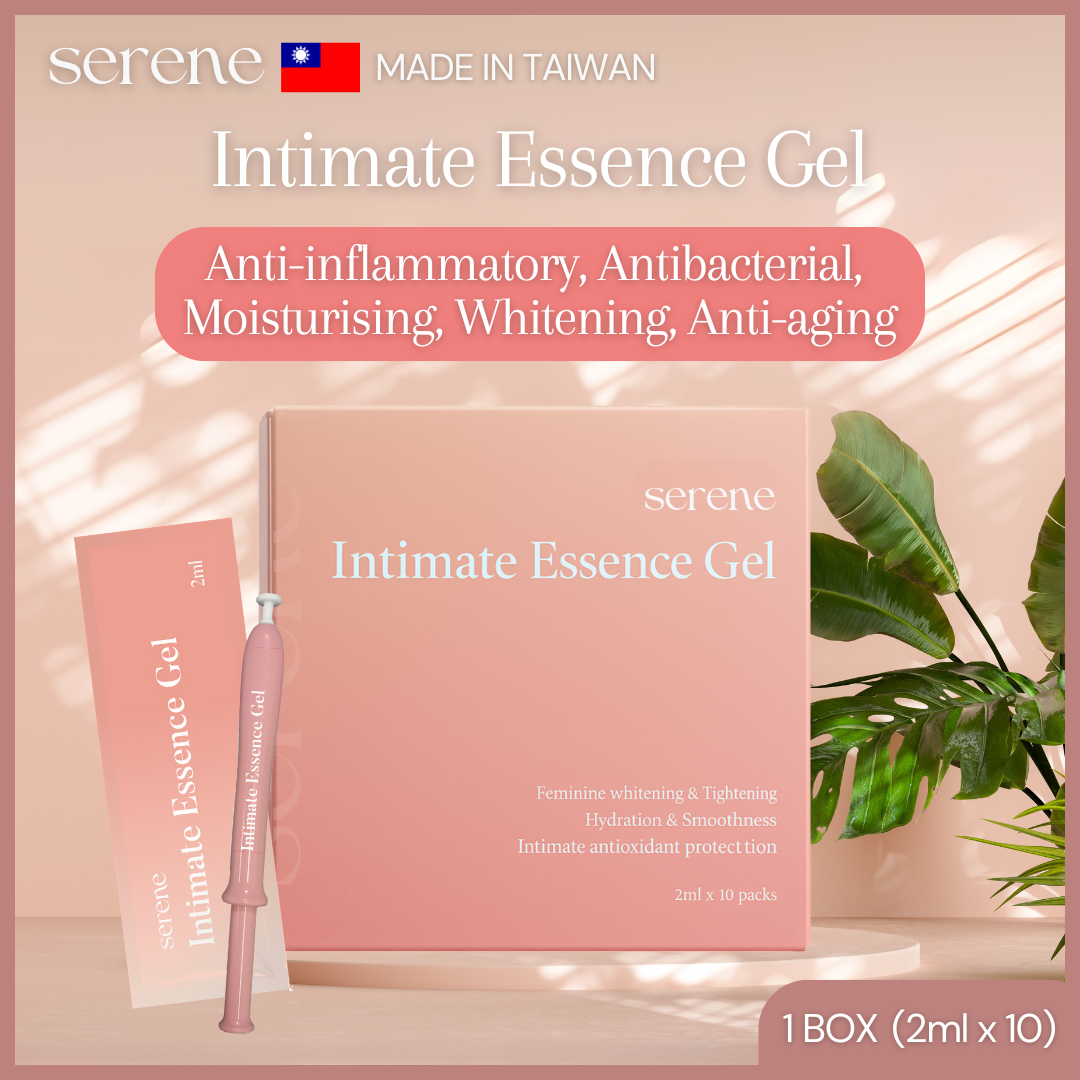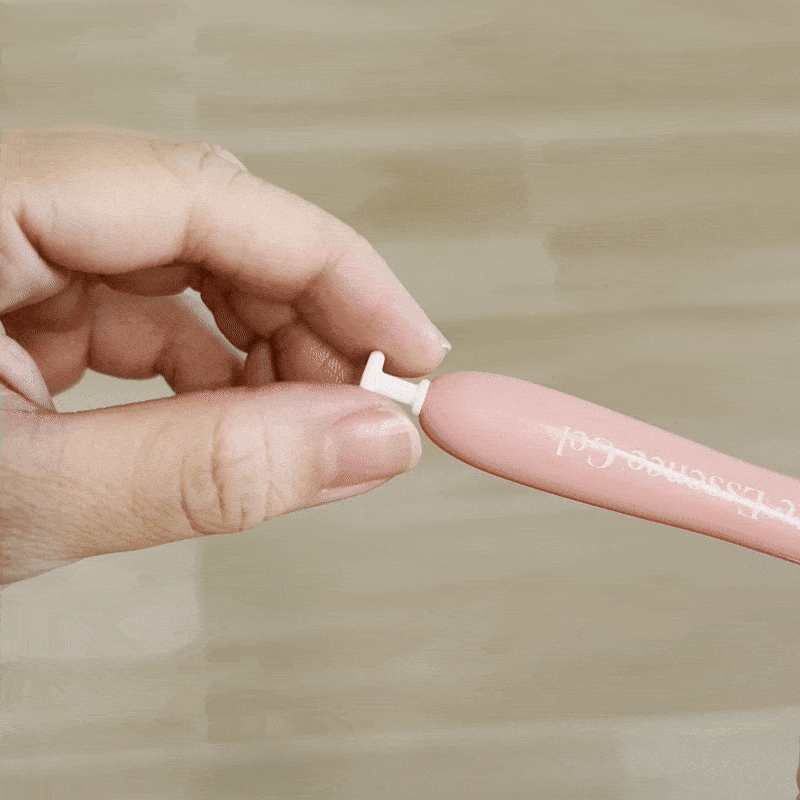The Surprising Link: How Your Diet Impacts Vaginal Health – Expert Insights
Hello, lovely ladies! As a women's health expert, I understand that intimate health is often a topic many of us are hesitant to discuss, yet it’s incredibly important. We frequently focus on external beauty routines, but we might overlook a fundamental truth: our daily diet is constantly influencing the delicate balance of our intimate ecosystem.
Perhaps you've experienced the discomfort of itching, odor, or recurring infections in your intimate area. These issues don't just affect your mood; they can really shake your confidence. While external care is vital, internal nourishment is equally crucial. Today, let's explore how we can build a strong defense for our "vagina" (or "intimate area" for a more professional tone) through the power of diet.
I. The Unseen Link: Why Your Gut and Vagina Are Best Friends
Did you know your gut and vagina both host complex communities of microbes? There’s a fascinating "crosstalk" between them. The health of your gut microbiome directly impacts the balance of your vaginal microbiome.When there aren't enough beneficial gut bacteria, or if harmful bacteria proliferate, pathogens can potentially travel through your bloodstream or spread directly, leading to intimate health issues.
The American College of Obstetricians and Gynecologists (ACOG) has consistently emphasized that maintaining gut health is a cornerstone for the entire reproductive system's well-being. A thriving gut microbiome produces beneficial compounds that help suppress the growth of harmful pathogens, thereby reducing the risk of intimate infections.
II. Smart Choices for Intimate Harmony: Your Vagina's Favorite Foods
To cultivate a healthy intimate micro-environment, focus on these food groups:
-
Probiotic-Rich Foods:
-
Unsweetened Yogurt & Greek Yogurt: These are fantastic sources of live and active cultures, especially Lactobacillus acidophilus and Bifidobacterium. These strains are key players in both gut and vaginal health, helping to maintain vaginal pH and inhibit the growth of harmful bacteria and yeast.
-
Fermented Foods: Think kimchi, sauerkraut (ensure it's raw and unpasteurized), miso, and kombucha. They offer a diverse array of probiotics and fermented byproducts that contribute to a healthy, diverse gut flora.
-
-
Prebiotic-Rich Foods (Food for Your Good Bacteria):
-
Prebiotics are essentially the fuel for your beneficial gut bacteria. Load up on high-fiber vegetables (like broccoli, spinach), whole grains (brown rice, oats), legumes, and fruits (bananas, apples).
-
The International Scientific Association for Probiotics and Prebiotics (ISAPP) highlights that sufficient dietary fiber intake is absolutely essential for supporting a healthy gut microbiome, which, in turn, indirectly maintains intimate health.
-
-
Cranberries: The Classic Intimate Ally:
-
Cranberries are rich in Proanthocyanidins (PACs), compounds proven effective at preventing bacteria (especially E. coli, a common cause of UTIs) from sticking to urinary tract walls.
-
The U.S. Food and Drug Administration (FDA) has even recognized the potential benefit of cranberry products in reducing UTI risk. Opt for unsweetened or low-sugar cranberry juice, dried cranberries, or supplements for the best results.
-
-
Hydration is Key:
-
Drinking enough water is fundamental for a healthy urinary system. Proper hydration helps flush out the urinary tract, reducing the time bacteria linger, and indirectly maintaining the cleanliness of your intimate area.
-
III. What to Avoid: Foods That Can Sabotage Intimate Balance
Conversely, some foods should be limited or avoided as they can disrupt your intimate harmony:
-
High-Sugar Foods & Refined Carbs:
-
Too much sugar can feed the overgrowth of yeast (like Candida albicans) in your body, significantly increasing the risk of vaginal yeast infections. Refined carbohydrates (white bread, sugary desserts, sweetened beverages) convert quickly to sugar in your body, producing a similar effect.
-
Studies in The American Journal of Clinical Nutrition and other research have consistently linked high-sugar diets to recurrent yeast infections.
-
-
Excessive Caffeine & Alcohol:
-
Both caffeine and alcohol can contribute to dehydration and may alter the delicate pH balance of the vagina, making it more vulnerable to imbalances.
-
-
Processed & Fried Foods:
-
These foods often contain unhealthy fats, artificial ingredients, and additives that can trigger systemic inflammation. This inflammation can indirectly weaken your overall immunity, making your intimate area more susceptible to issues.
-
Conclusion: Empowering Your Wellness, One Meal at a Time
Taking care of your intimate health doesn't have to be complicated. It begins with the everyday choices you make, especially every bite of food you take. By adjusting your dietary habits, you can create a healthier, more balanced micro-ecosystem for your intimate area, allowing it to radiate confidence from the inside out.
Of course, diet is just one piece of the intimate health puzzle. Pairing it with appropriate intimate care products, like gentle cleansers and essence gels that help balance your intimate ecosystem, can amplify your results. And remember, if you experience persistent intimate discomfort, always consult a healthcare professional for diagnosis and support.
Let's commit to being the guardians of our own health, starting today!
Ready to support your intimate wellness holistically? Discover SERENE Intimate Essence Gel – gentle care for renewed confidence. Shop Serene Intimate Essence Gel Here
Love,
Sue (Founder of SERENE)



